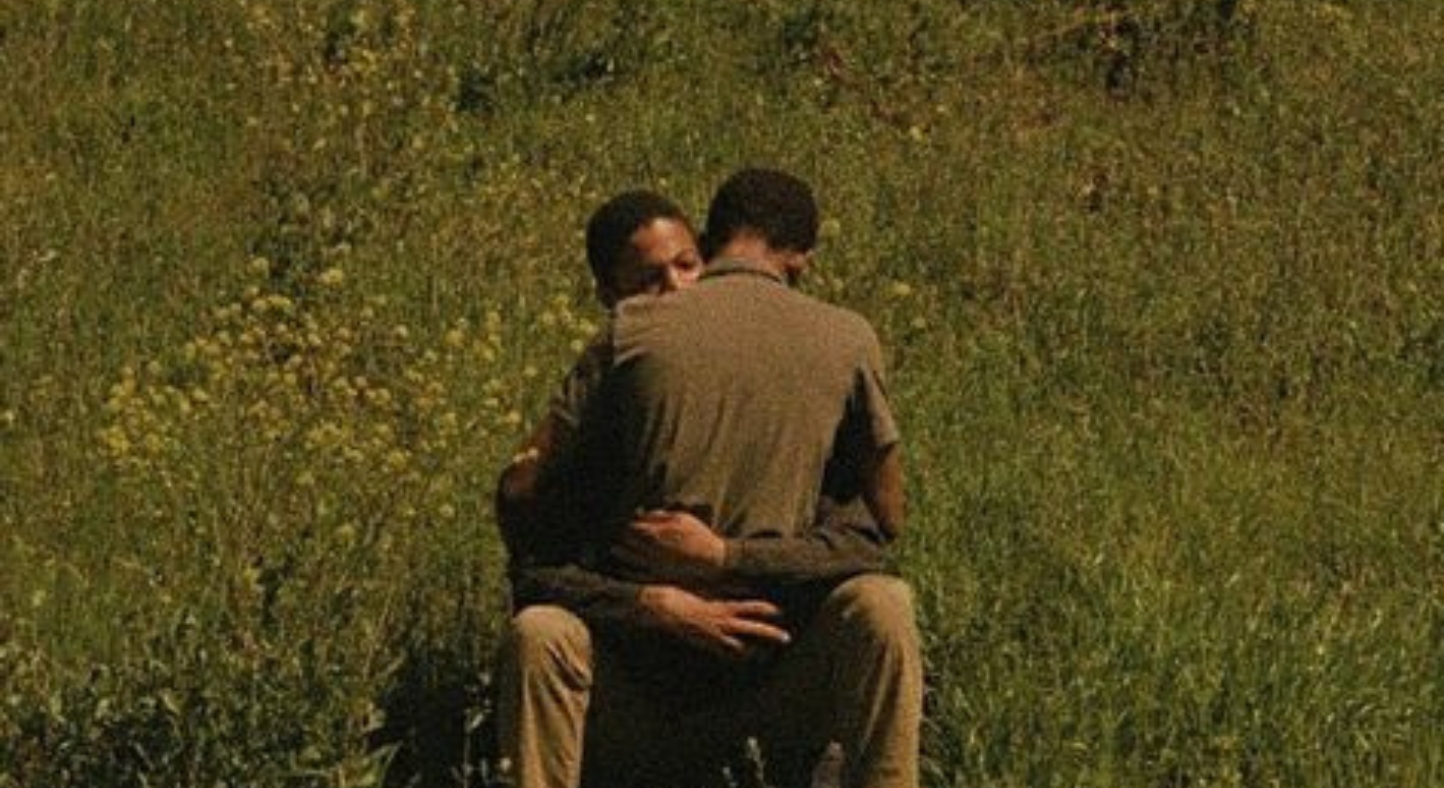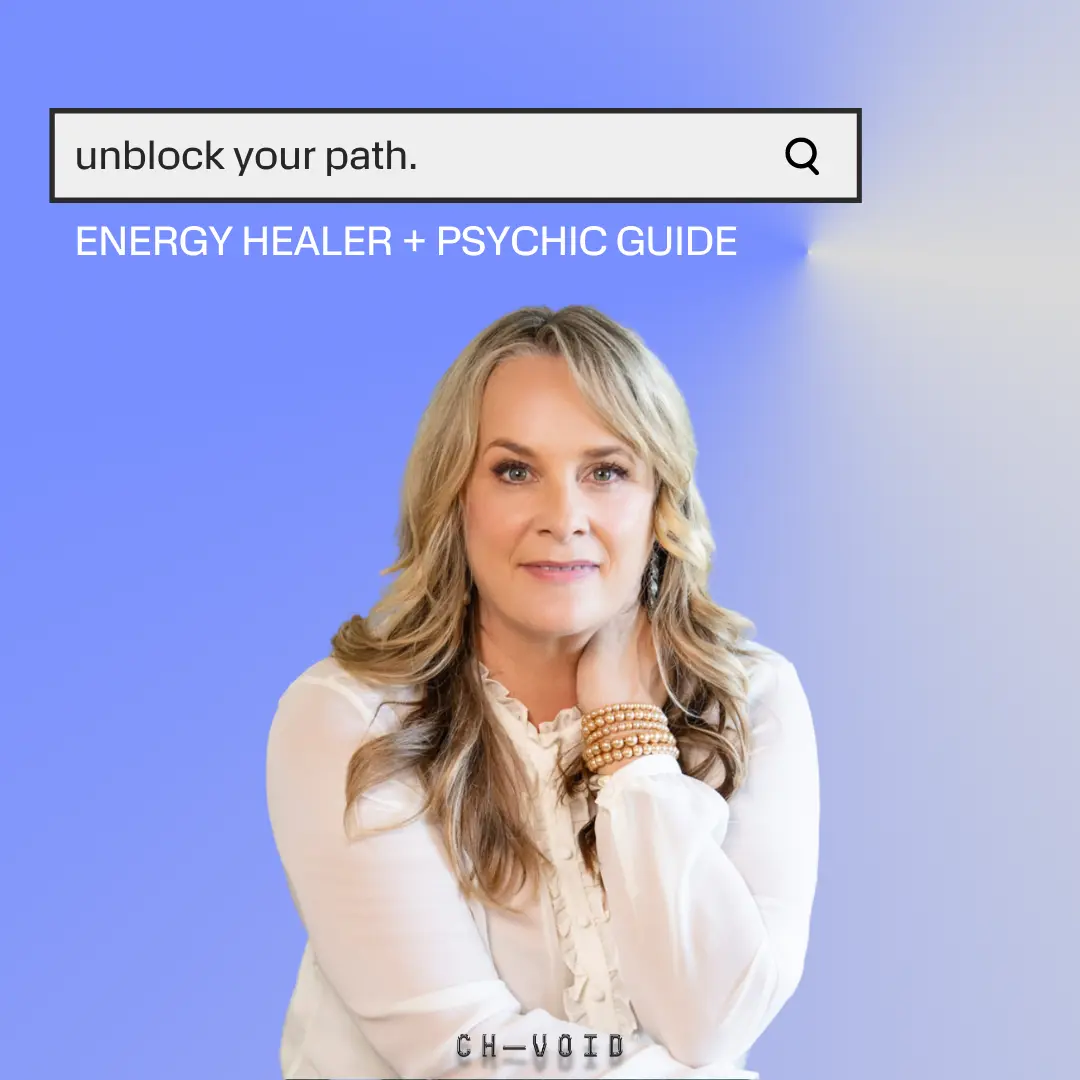The sting of rejection
How to handle the pain of being knocked back.
There’s been a real call to action lately, particularly on social media, in which we’re being told that it’s okay to say ‘no’. My mantra for 2021, in fact, was one that I learned from the Olsen Twins by way of their sister, Elizabeth Olsen, who quoted the twins as always saying that “no is a full sentence.”
And hey, I think it’s bloody incredible that we’re reprogramming a generation of yes men and people-pleasers by telling folks that we need to be more comfortable saying ‘no’, as opposed to rolling with something that we’re not okay with. Whether it be a date with someone you’re not into but you say yes just because they like you, or a night out with a friend when you just wanted to stay home, or being asked by your boss to stay back late for the third day in a row.
And while this powerful statement has spread like wildfire (I know I’m definitely way more adept at saying ‘no’ than I once was, thanks to this sudden reinforcement),
Here, we explore why being rejected is so painful and how to work through that pain.
The pain is real
The sting of rejection. That’s what they call it, and for good reason. Because it takes a hell of a lot of courage to reach out for something – a job, a date, a friendship, a new home – only to be told that sadly, you’re not quite what they’re looking for. No matter what the reason for the set-back is, it still hurts like hell, and it’s supposed to.
“The primary emotion of rejection is pain, and the secondary state of what you experience is what we call rejection, but internally, your body is going to feel it as pain,” psychologist Sian Khuman told us.
“There are two different experiences that you have when you feel rejected. One is that feeling of ‘I am unlovable’, and the other is ‘I am shamed, I am not good enough.’ You can either have one or the other, or you can have both, depending on your own attachment and your own experience with relationships and self.”
Have you ever been rejected and sworn that the pain is as intense as if you’d been physically harmed? Well that’s because it actually is just as intense, because rejection hits us in a similar way that physical pain does.
A study by the University of Michigan found that rejection activates the same part of the brain as being in physical pain.
Researchers spoke with 40 people who had been dumped at same point over the last six months, who described the breakup as feeling “intensely rejected”. The participants underwent two tasks, one involving their feelings of rejection and the other involving actual pain, all the while undergoing Magnetic Resonance Imaging (MRI) scans.
The results showed that “feelings of social rejection activate regions of the brain that are involved in physical pain sensation,” University of Michigan social psychologist Ethan Kross said.
“Of course it’s pain, because that’s the primary emotion underneath rejection, isolation, and feeling unlovable,” Sian added. “It’s pain.”
File that away for when you’re going through a breakup and someone tells you to “just get over it!”
Processing the pain
So how do you kick the sting of rejection? Well, the short answer is that you can’t! You can be the most conventionally beautiful person, you can have all the talents in the world, you can be liked by literally everyone, and you’ll still experience rejection at some point. Instead, it’s important that you arm yourself with tools to help you process the pain.
When you’re rejected romantically or by a friend, Sian says to “assume that you’re going to feel some level of pain and that’s normal. Remember that everyone has reasons why they enter or leave a relationship, and it’s not necessarily you.”
And if it’s in the workplace, she says “in this case you usually feel more shame, rather than feeling unloved, and you start to think ‘Is there something wrong with me? Am I not good enough?’ That’s totally normal!”
Rather than allowing “catastrophic thinking” to occur, Sian says you should instead “look at the facts and the evidence of why you didn’t get the job and do some self-talk. Remind yourself that there are other jobs out there, and that this is not just about me.”
When we feel rejected, we tend to look inwards and wonder what’s wrong with us, but this is a toxic way of thinking that will not serve you any good.
“Part of the process of working through the rejection is to not stay in that personalised, catastrophic place, but instead move into a place that’s more realistic, evidence-based thinking,” she says. “When the pain comes up, just know that it’s normal and let it go.”
The good news is that like most things in life, it won’t last forever.
“Pain is temporary, it comes and goes,” Sian added. “You remember it and you feel it, then the pain goes. It’s not like grief that sits there as it’s a loss. The pain [of rejection] will pass.”
Ghosts from your past
If moving past the pain of rejection is proving to be more difficult than you’d hoped, then it might be a good idea to seek some help as this could be a sign that emotional baggage from past relationships may still be haunting you and you must confront it and deal with it in order to move forward.
“If you dip into a really bad place of feeling shameful and not feeling good about yourself, that’s when you should go seek some support or counselling,” Sian recommended.
“Because the thing that happens in rejection, for some people, is that it triggers experiences you’ve had in the past and it becomes harder to get over that moment of rejection in that situation, because you’re not just feeling the rejection from that experience, you’re feeling it from other experiences. So you need to address what that rejection has brought up for you.”





















